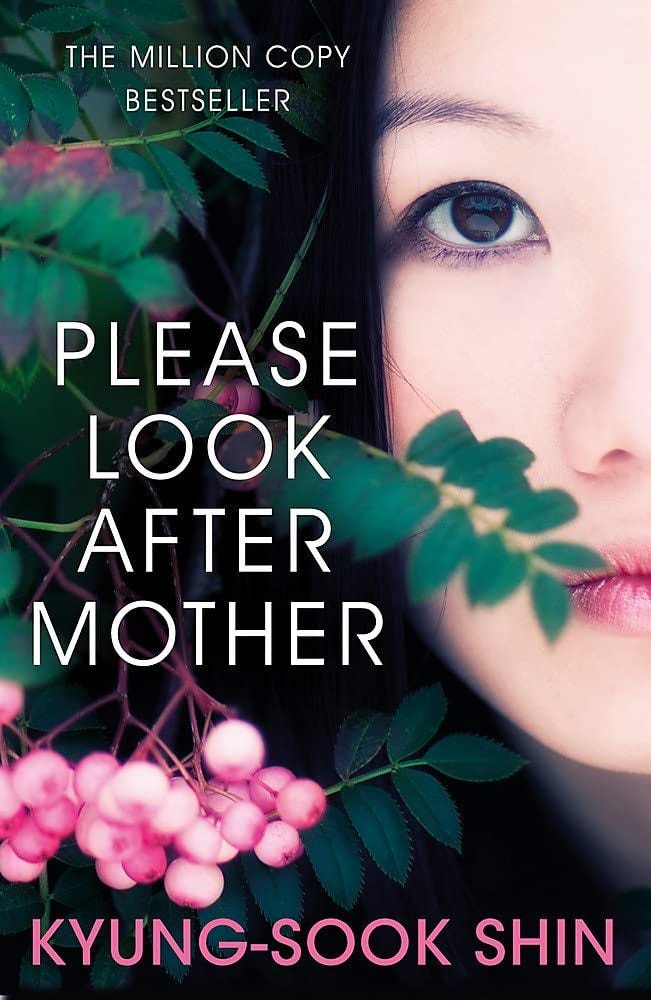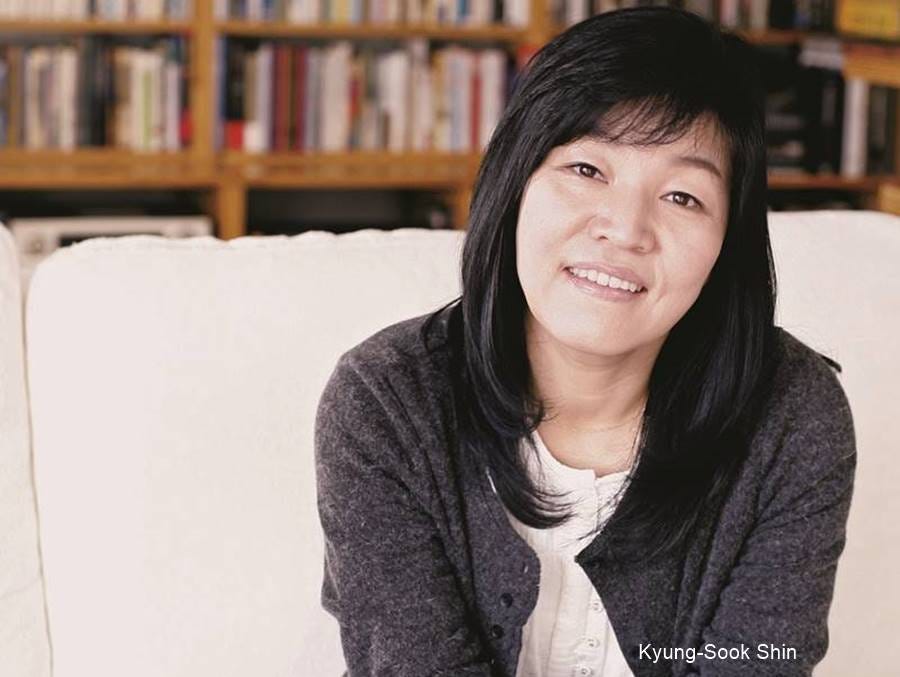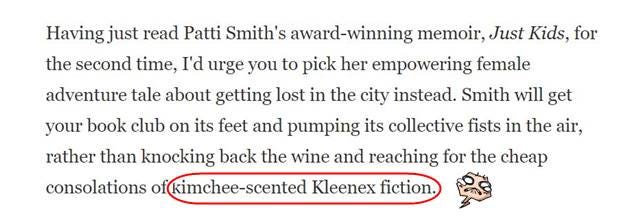The Worst Book Review I've Ever Read
Maureen Corrigan's take on a Korean novel reeked of enthocentric entitlement
This morning, I received a reader comment about something I had written and talked about years ago. I’ll share some of her public comment later in this post. But a little background first.
The Korean author Kyung-sook Shin wrote the bestselling book “Please Look After Mom.” The novel attracted so much attention in the author’s native Korea that it was translated and released in a couple dozen countries, including the United States. (Full disclosure: I loved this book and had interviewed Shin to talk about her novel’s U.S. release.)
Of course, not everyone liked her book, which is understandable. But what was surprising was that NPR published a review that reeked of ethnocentrism.
This is how Maureen Corrigan began her critique:
Koreans outstrip Italians and Jews when it comes to mother guilt! How else to explain why “Please Look After Mom” … has already sold over one-million copies in her native South Korea?
What a stupid analogy.
How would she have explained America’s love affair with “The Bridges of Madison County”? Are we to assume that Americans are drawn to poorly-penned books about married women having affairs with goofy photographers?
Certainly not. Clearly, some books resonate with readers for whatever reason. And we can all agree that a bestseller isn’t necessarily a barometer of quality work.
However, Corrigan’s review of Shin’s book was bizarrely mean-spirited and ignorant, dismissing the Mom in question as a “country bumpkin.” And while she exhibited little to no understanding of Korea or Koreans, Corrigan had no problem mocking that society because it’s different from what she knows:
But the weird fascination of “Please Look After Mom” is its message — completely alien to our own therapeutic culture — that if one’s mother is miserable, it is indeed, the fault of her husband and her ungrateful children. As an American reader — indoctrinated in resolute messages about “boundaries” and “taking responsibility” — I kept waiting for irony; a comic twist in the plot; a reprieve for the breast-beating children.
Corrigan’s comments reek of the same ugly nationalism that U.S. journalists spewed when they blamed the teenage victims of the Sewol Ferry tragedy for their own deaths. American teenagers would’ve saved themselves, they said, while Korean children just waited to die. Corrigan’s message is that American mothers would’ve taken ownership of their unhappiness (ha!), while Korean mothers will blame others for their miseries.
Shin writes about something Corrigan can’t wrap her head around. That doesn’t make it weird; that makes it tragic. For her. It’s something she doesn’t understand and has no desire to.
I didn’t think it was necessary to state the obvious, but here we go. Earth to Corrigan: The world does not revolve around you.
Though the novel wasn’t written with an American audience in mind, its subject matter of family ties and responsibilities isn’t isolated solely to Korea (though you wouldn’t know it from her review). One of the biggest flaws with Corrigan’s review is that she can’t possibly imagine a world in which this might be true.
And that’s what one of my readers contacted me about this morning. The reader wrote:
I am really late to the party since I only just finished reading the book. I was deeply touched by Please Look After Mother, and many times it brought to my mind my own grandmothers, even great grandmothers to a bigger extent who dealt with the aftermath of WW1 and then WW2, hunger, being poor and having very little, absent men and having to run the household and somehow make money, and dedicating their lives to their children. I wanted to see if someone else had the same thoughts about the theme of this willing sacrifice and silent suffering expected of women of the previous generations, but then I came across Maureen Corrigan’s review. By the time I reached “kimchi-scented Kleenex” I was already thoroughly outraged by how dismissive and insulting to mothers’ pain she was. … I searched for anyone commenting on this utterly shortsighted and shallow review by a person who didn’t understand a thing about the story or what it was really about. I found you. Thank you!
Corrigan’s review kicker is unusual as well, and not in a good way. Instead of saying, “Nah, don’t buy this book,” she suggests readers purchase a memoir — one that has nothing to do with what she was paid to review:
Wha?
Since she read Smith’s book twice, Corrigan should’ve been aware that given the punk rock icon’s stance on racism and feminism, Smith most likely wouldn’t want to be aligned with a reviewer who mocks another woman’s book as “kimchee-scented Kleenex fiction.”
What does that even mean, anyhow, other than to denegrate an entire culture with her piss-poor words?
So, let’s circle back to Corrigan’s initial query as to how anyone could like this book. I’m guessing it wasn’t stupidity — but rather arrogance — that prevented her from considering the possibility that there was something Koreans related to that made the book so popular in the author’s homeland. Surely, many remembered what their families went through to adapt in a nation that went from third world poor to a rich country with cutting-edge technology in half a century.
And finally, becoming a parent means that you’ve come to the realization that there is someone you love more than yourself, regardless of how they feel about you.
Corrigan’s review elicited predominantly negative comments on NPR’s website. NPR did release a sorry/not sorry statement. But Danny Miller — a co-executive senior producer at WHYY — doubled down in his defense of her. He wrote:
“I must admit I was surprised at the reaction. It didn’t occur to me that this phrase would be deeply offensive to some listeners, and I’m certain that was not the intention…. To repeat, no offense was intended.”
Ah yes. Well, there you have it.
© 2023 JAE-HA KIM | All Rights Reserved







I used to listen to Fresh Air w/Terry Gross every afternoon for almost 30 years, so I am quite familiar with Ms. Corrigan's book critiques. She had an interesting voice and delivery but I always felt like she thought anyone who disagreed with her analysis was a moron. She also tended to ramble a bit, as if she was enjoying the sound of her own voice and "wit". It was irritating, to say the least. That "kimchi-scented kleenex" remark is vile, racist and ignorant. I hope she has evolved since that book review. Now I want to read the book! One of the most enjoyable things about reading (for me) is learning about worlds outside my own.
I've always suspected Corrigan is a know-nothing but gave her the benefit of doubt since she's on NPR. Your review of her review confirms my suspicions. She's pretty bogus. A lightweight.